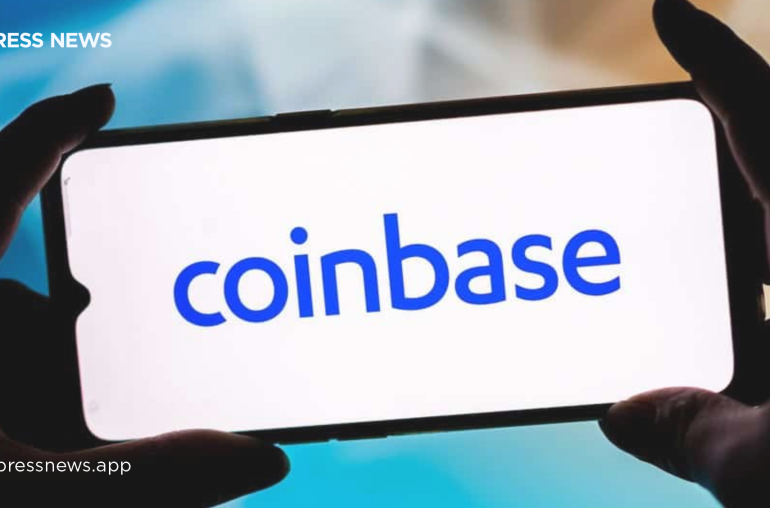Major U.S. banks are accelerating their adoption of blockchain technology to improve cross-border payments, aiming to reduce transaction costs and increase speed. As digital assets gain traction, financial institutions are exploring how blockchain can enhance international money transfers, providing a more secure and efficient alternative to traditional banking methods.
The Rise of Blockchain in Banking
Several leading banks, including JPMorgan Chase, Citigroup, and Wells Fargo, are investing heavily in blockchain-based payment solutions. JPMorgan’s Onyx platform, which utilizes blockchain for interbank transactions, has seen a rise in adoption among financial institutions. The bank’s JPM Coin, a blockchain-based settlement tool, is now processing billions in daily transactions. This growing trend underscores the potential for digital ledger technology to transform the global payments landscape. (Source: Forbes)
Cost Reduction and Transaction Efficiency
Traditional cross-border payments involve multiple intermediaries, leading to high fees and slow processing times. Blockchain technology eliminates these middlemen by enabling direct peer-to-peer transactions, reducing costs, and increasing speed. Banks utilizing blockchain can complete transactions within minutes instead of days, offering significant benefits for businesses engaged in global trade. (Source: CNBC)
Regulatory Challenges and Compliance
Despite the advantages of blockchain technology, U.S. banks must navigate a complex regulatory landscape. The Federal Reserve and the U.S. Securities and Exchange Commission (SEC) are closely monitoring blockchain-based payment solutions to ensure compliance with anti-money laundering (AML) and Know Your Customer (KYC) regulations. While some regulators support blockchain’s transparency and efficiency, others express concerns about potential risks associated with digital asset transactions. (Source: Bloomberg)
Market Response and Future Outlook
Financial analysts predict that blockchain will become a standard tool for cross-border transactions in the coming years. With major U.S. banks leading the charge, other financial institutions are likely to follow suit. The growing acceptance of blockchain technology signals a shift in the banking industry, with digital assets playing an increasingly vital role in global finance. (Source: CoinDesk)
As banks continue to explore blockchain’s potential, the financial sector is set to undergo a transformative shift. The integration of blockchain in cross-border payments is not only enhancing efficiency but also shaping the future of digital finance in the U.S. and beyond.






